Winter HVAC Checklist for Commercial Buildings
Manhattan winters can be brutal, especially when you need to keep commercial buildings comfortable. Whether you’re preparing for the comfort needs of your high-rise residents or have concerns about how the cold will affect your manufacturing facilities’ HVAC equipment, AFGO Mechanical is here to help.
Our team put together a helpful list of the top five winter commercial heating and cooling maintenance tips that NYC-area business owners need to:
Ensure comfort all season long
Reduce downtime
Save on emergency repair costs
Improve energy-efficiency

1. Change Your Air Filters
Airflow gets restricted when your system’s air filters are dirty, which means it needs to work harder to pull in the amount of air required to keep building occupants comfortable.
This increased energy use is reflected in higher monthly heating expenses during the winter. Neglecting to change your building’s HVAC air filters can also cause it to wear out faster, leading to premature replacement.
We recommend changing out standard fiberglass and polyester filters quarterly, so be sure to do so at the beginning and end of the heating season.
If you’re interested in upgrading your filter, we recommend higher-efficiency pleated air (HEPA) filters because they can last longer and will improve the overall air quality of your building.
2. Calibrate Your Thermostat
One of the easiest ways to prevent occupant discomfort this season is by calibrating your thermostat. A thermostat that’s fallen out of calibration can misread the room temperature, which has serious consequences for your HVAC equipment and building comfort.
A thermostat that reads a lower temperature will increase your heating bill. Alternatively, a thermostat that reads the temperature as too high will provide insufficient heat.
Check your thermostat’s accuracy by comparing its temperature reading to a thermometer. Keep them side by side and let your heating system run for 15 minutes.
If your readings don’t match when comparing the two, use the calibration screw or call a commercial HVAC professional to recalibrate the thermostat.
3. Repair Faulty Components
The biggest drain on your commercial HVAC equipment’s energy efficiency — and your bottom line — is often a faulty component. Poorly functioning equipment can have a devastating impact on your building’s expenses as heating costs soar.
Even worse, you could experience premature system failure if you choose to keep malfunctioning parts in place, leaving you without heat on the coldest days of the year. This can lead to damaged inventory, poor occupant health, and dangerous tenant conditions.
Be aware of the signs that faulty system components may be contributing to poor HVAC performance, and don’t ignore them. Contact a reliable HVAC service team if you’ve noticed:
- Banging, clanging, screeching, whistling, or groaning noises
- Insufficient heating and cold spots throughout the building
- Fuel-like odors coming from building furnaces
- Yellow pilot lights on furnaces
- Soot accumulation
4. Prioritize Indoor Air Quality
Whether your commercial building operates within the healthcare, business, or multifamily real estate industry, good indoor air quality is incredibly important during the winter months.
When the weather is cold, people stay inside much longer than they normally would. It’s easy to see why you should prioritize your building’s indoor air quality needs with indoor air quality levels often 2 to 5 times more polluted than the air outdoors and sick building syndrome contributing to unhealthy living and working conditions.
5. Schedule Preventative Maintenance
This is the best thing you can do for your HVAC equipment. Before the heating season, you should schedule an annual commercial heating tune-up to have all of your system’s components thoroughly inspected for potential repair needs.
During a preventative maintenance appointment, your technician will:
- Clean burners
- Cooling tower cleaning NYC
- Inspect the heat exchanger
- Test motor voltage and amp draw
- Clean the blower fan
- Tighten loose electrical components
- Check the flue for obstructions
- And much more!
Your manufacturer warranty often requires annual inspections to keep it active. Otherwise, you could be stuck paying for repairs or replacements that would have been covered. Professional maintenance also helps extend your system life span, improve energy efficiency, reduce heating expenses, and increase reliability.
Join Our Commercial HVAC Maintenance Program for Custom-Tailored Service
Keeping your commercial HVAC equipment well-maintained is a job best left to the professionals. At AFGO Mechanical, we pride ourselves on offering Manhattan building managers the custom-tailored HVAC maintenance contracts they need to keep their systems operating smoothly and efficiently all year long.
Since all businesses have different HVAC equipment requirements, our team designs a white-glove custom maintenance agreement to meet your building’s precise needs.
Contact us online or call (718) 478-5555 to create your custom commercial HVAC maintenance agreement and keep your system running smoothly!


